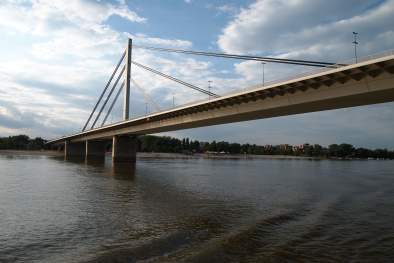The Water Convention is a typical international “framework” instrument, the primary purpose of which is to foster international cooperation of transboundary water resources in the wider European region.
This relatively “young” instrument has already significantly influenced the management of transboundary waters in Europe in a number of ways.
UNECE Executive Secretary Sven Alkalaj emphasized in his speech that the Convention has been a key driver for cooperation after the turbulent the political movements and collapse of the Soviet Union and federal Yugoslavia in the 1990s. Overnight, several new countries found themselves having to jointly manage shared rivers.
The Water Convention offers many examples of good practice (Sava Commission, Chu-Talas Commission) and should be examined more closely internationally, especially with 2013 having been proclaimed by the UN as the International Year of Water Cooperation.
The Convention’s flexibility and responsiveness make it a valuable model for governments to implement integrated water resources management approaches. The UNECE is open to allowing accession by countries outside the UNECE.
“The future of the Convention will be defined by its globalization and opening up to countries outside the UNECE region” said Mr. Alkalaj, noting that the Convention “has been an inclusive and engaging approach, involving non-Parties in the work almost as much as Parties.”
Read full Blog UNECE Water Convention a Foundation for Water Cooperation
